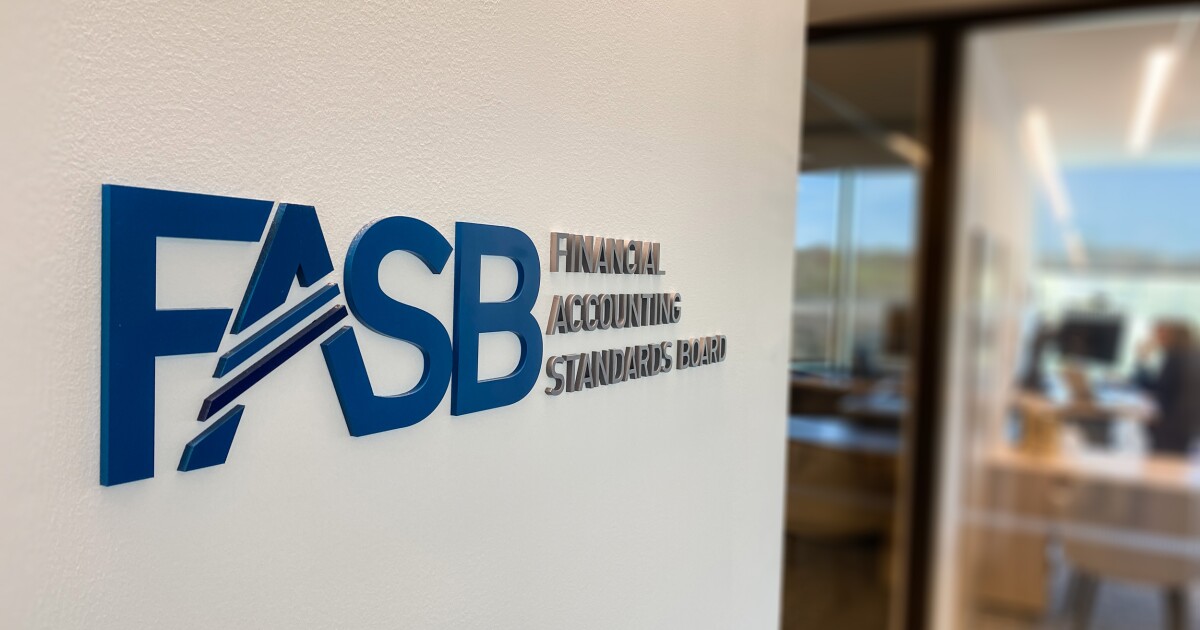Tesla Inc.’s electric vehicles would be shut out from consumer rebates under a proposal by California Governor Gavin Newsom, pitting the prospective Democratic presidential hopeful against Republican power player Elon Musk.
Newsom on Monday unveiled plans to offer rebates to EV buyers if US President-elect Donald Trump repeals a federal subsidy. A program California phased out in 2023 could be rebooted in lieu of the $7,500 tax credit, the governor said.
His office told Bloomberg News that the current proposal includes market-share limitations that would exclude Tesla’s popular EV models. The details — including Tesla’s possible omission from the credits — will be negotiated with the state legislature and could change, Newsom’s office said.
“It’s about creating the market conditions for more of these car makers to take root,” according to the governor’s office. It wasn’t immediately clear if other automakers would be excluded.
Musk, Tesla’s billionaire chief executive officer, posted on his X social-media platform that the proposal was “insane,” citing the automaker’s manufacturing presence in the state.
The move would leave market-leading Tesla out of a key incentive program aimed at spurring wider adoption of EVs at a time of slowing growth for all-electric vehicles. Tesla’s models do qualify for the federal credit, which was introduced as part of President Joe Biden’s signature climate bill, the Inflation Reduction Act.
Excluding Tesla could burnish Newsom’s standing on the left as he renews a clash with Musk, who has become a member of Trump’s inner circle and accepted a role helping the incoming administration cut government spending. Musk has said he’s fine with federal subsidies going away.
“This is a slap in Tesla’s face,” Gene Munster, managing partner of Deepwater Asset Management, said of the California proposal.
California tension
Tensions between Musk and Newsom have been strained for years, with the Tesla leader moving the automaker’s headquarters to Texas in 2021, in part citing frustration with California’s politics.
Musk had angrily denounced state orders to close Tesla’s Fremont factory during the COVID-19 pandemic, labeling them “fascist” in an earnings call. When Musk announced the headquarters move, Newsom said Tesla owed some of its success to California.
Tesla still accounts for more than half of all new EVs sold in California, but its grip on the market is slipping. Tesla’s sales in California fell 12.6% during the first three quarters compared with a year earlier, even as overall electric-vehicle sales in the state rose 1%, according to the California New Car Dealers Association. Tesla made 54.5% of all EVs registered in the state during the first three quarters, a significant drop from 63% during the same period last year.
California clashed with Trump frequently on auto emission regulations during the incoming president’s first term, and the state’s leaders have made clear they are now girding for another fight. Newsom already has sought to shield the state’s policies on issues including reproductive rights, climate and immigration from potential threats under a Trump administration.
Trump has long criticized the Biden administration’s efforts to subsidize EVs in a bid to boost adoption of cleaner cars. His transition team is now looking to slash fuel-efficiency requirements for new cars and light trucks as part of plans to unwind Biden policies the president-elect has blasted as an “EV mandate,” Bloomberg News reported last week.
California, as well as states including Oregon and Colorado, currently are exempt from rules that preempt them from enacting their own emissions standards for new vehicles. More than a dozen states representing more than a third of the U.S. auto market now have formally opted to follow California’s rules.
Trump in his first term targeted California’s right to set tougher gas mileage rules than the federal government. He is expected to make another attempt to roll back the California carve out under the 1970 Clean Air Act after taking office in January.


 Accounting3 days ago
Accounting3 days ago
 Technology3 days ago
Technology3 days ago
 Personal Finance1 week ago
Personal Finance1 week ago
 Finance1 week ago
Finance1 week ago
 Technology3 days ago
Technology3 days ago
 Personal Finance5 days ago
Personal Finance5 days ago
 Economics4 days ago
Economics4 days ago
 Personal Finance1 week ago
Personal Finance1 week ago











